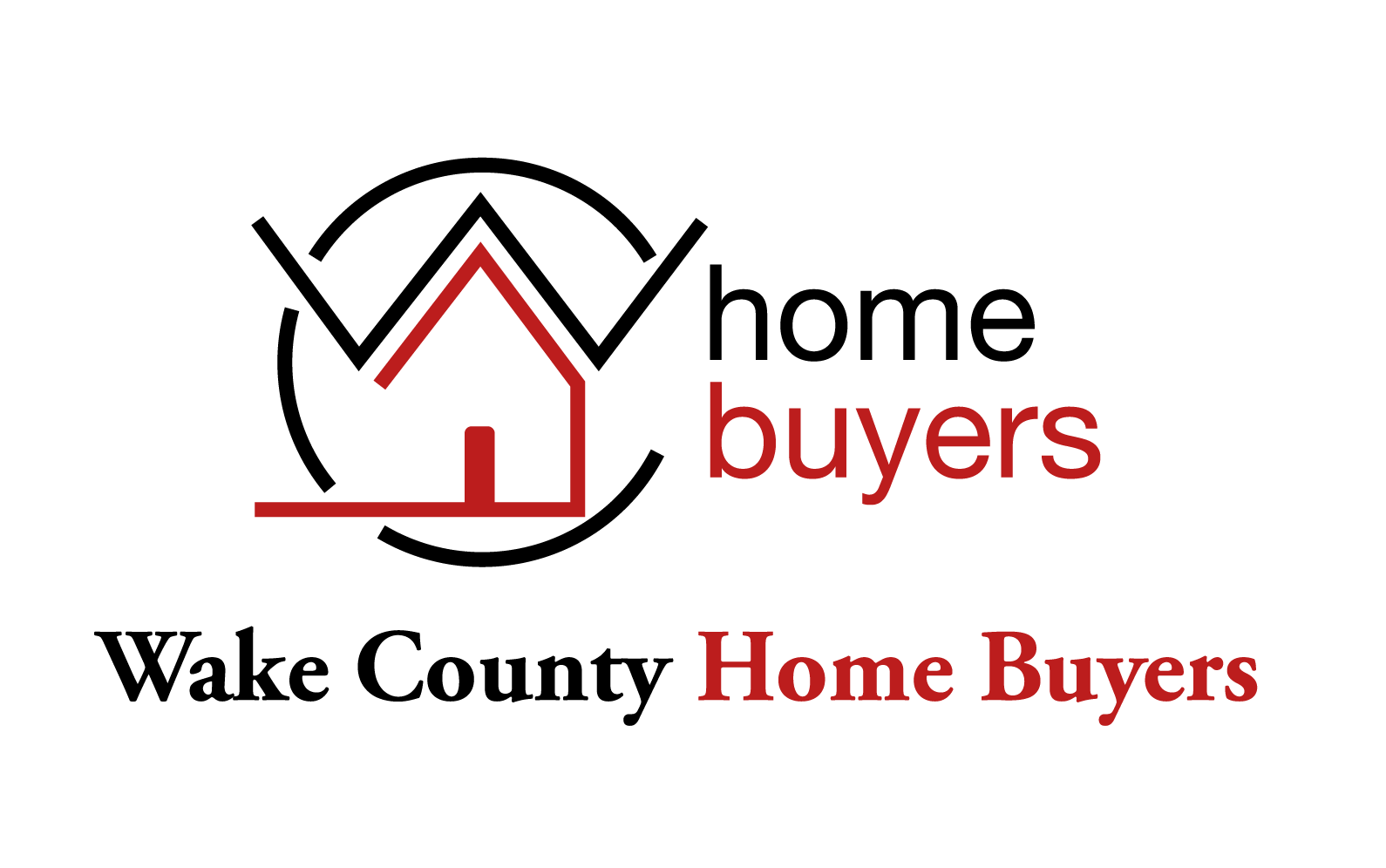As real estate professionals who talk to 100’s of homeowners per year, we begin to notice patterns of behavior that can give us clues as to whether or not the homeowner is serious about selling. Many times, homeowners just call to see what someone will give them for their house. Sometimes, the owner is trying to see if they can convince someone to give them an inflated price, and “one-up” the market…

5 Things Investors Wish Sellers Knew
Pricing
This is where most homeowners go wrong. They have lived in the home for so long that they cannot be objective about the home’s appearance, relative to today’s trends, and the value of the home. Assessing a home’s value is an objective process that is made by gathering comparable sales data and analyzing local market trends.
It’s human nature to think that one’s possessions are more valuable because they are yours. It’s often referred to as the endowment effect: people ascribe more value to things merely because they own them.
To come up with an opinion of Fair Market Value for any home, an investor, buyer, agent, or appraiser will find 3 comparable homes that have sold in your area, preferably within the last 6 months, but no later than 1 year. According to best practices, they will find homes similar to yours in size, appearance, age, style, and condition.
Once suitable comps are found, there are some different methodologies for evaluating them, I will not go into the methodologies of evaluating comps in this article. Almost all investors, as well as agents, will pull comps for a property before making a written offer.
After Repair Value & Discounting

In the real estate industry, the acronym “ARV” stands for “After Repair Value.” ARV is the market value of the house subject to the completion of required repairs and remodeling. One advantage of selling a home to an investor is you sell it “as-is”. Meaning, you sell it in its current condition without making any repairs.
When determining the “as is” value it is necessary to calculate the cost of the repairs and remodeling required to bring the house into “sale-ready” condition. This should include at least one unique feature to create interest in this property. Typically, this is an extensive kitchen remodel or an expanded master suite.
Home renovations can be very expensive, so if you don’t have the money to invest in one, it’s best to find recent comps that are similar to your home in condition and style.
Once you have the ARV and repair costs you will be in a better position to negotiate the sale of your home.
The value is NOT ARV minus repairs!
Why would someone buy your house and be required to expend the effort to fix it up when they can buy a property in mint condition for the same price?
You must add a discount to entice a buyer to buy your house rather than the completed house nearby. The amount of the discount will vary between buyers and market locations.

Repair & Remodeling Costs
Repairs are always estimated, and one can never be 100% certain what will need to be spent until after the fact. This adds an element of risk for the investor. Things go wrong, contractors flake out, the price of materials can suddenly go up, vendors don’t show up, etc.
It’s common to discover a large problem during a renovation that only could be discovered by the actual renovation. Many times remodeling a home exposes plumbing and electrical problems which must be fixed. These have a tendency to kill a renovation budget and eat into profit.
If you’re going to sell your house to an investor, you remove the risk of going over budget on repairs and being ripped off by shady service providers–this adds a lot of value!
Today’s value vs tomorrow
I’ve had conversations with many homeowners in the Raleigh NC area who want to be paid for a property’s potential value in the future. They say things like:
It will be worth twice as much next year once they complete the 540
Any buyer, especially an investor, will only pay you based on calculations that reflect current market conditions, not what may happen down the road.
Buying a house because of the prospect of massive future appreciation is speculating, which is not the same as investing.

What does it cost to buy, hold, and sell a home?
It costs money to buy, hold, and sell a house. If you want to read a comprehensive guide on flipping houses, you should check out “Flip – How To Find, Fix, and Sell Houses For Profit” by Rick Villani and Clay Davis. In it, they mention the misinformation spread by Tv shows on flipping houses.
These shows list the final selling price of a property, subtract the original purchase price, the repairs, and list the “Tv profit”. This number has nothing to do with reality as it ignores all of the other costs associated with buying and selling properties!
Buying Costs
Typical buying costs include inspection costs (home inspection, termite inspection, well/septic inspections), survey, loan interests, etc. Many investors will pay all of a sellers closing costs as well.
Holding Costs
Taxes, insurance (higher premiums on vacant properties), utility costs, loan interest, paying contractors, etc. When you own a bunch of properties you find yourself writing a ton of checks! Many of us will make payments via an ACH, but even those have extra fees.
Closing costs
Typical closing costs can cost between 6% – 10% of the sales price of the house. These fees include real estate commissions, transfer taxes, notary & document fees, attorney fees, seller concessions (paying buyer closing costs), last-minute repairs, etc.
If any of you would like more insight into the process of buying and selling homes professionally, the book I recommended by Rick Villani and Clay Davis is a great place to start. You can also read a copy for free via the Wake County Public Library system.

